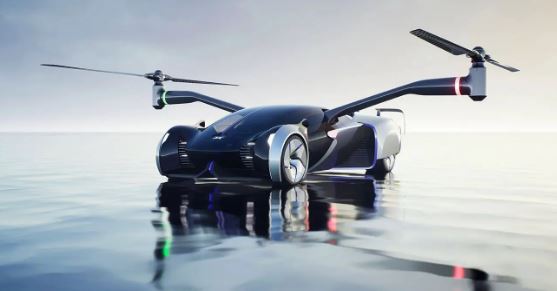Hyundai, a renowned car manufacturer, believes that flying cars will become a reality by the end of this decade. While the technical term for this technology is “vertical take-off and landing,” Hyundai recognizes that referring to them as “flying cars” evokes more exciting visions of zero-emission cityscapes. In an interview with TopGear.com, Hyundai’s UK boss, Michael Cole, acknowledged that the development of flying cars may not be immediate but emphasized that the company sees them as an integral part of future mobility solutions.
Cole highlighted Hyundai’s collaboration with Coventry City Council and the UK government in the launch of “Air One” (depicted below), a hub envisioned for future vertical take-off and landing (VTOL) crafts, or flying cars, including air taxis and delivery drones. This initiative aims to facilitate the transportation of cargo and passengers within cities, potentially serving as an intra-city mobility solution in the latter part of the decade, albeit on a smaller scale.
In the previous year, Hyundai unveiled concept designs of a battery electric flying car, which it developed in partnership with Supernal, a US mobility company owned by Hyundai. The concept showcased a five-seater cabin and incorporated lightweight materials such as carbon fiber and recyclable CFRP to optimize weight reduction. The design primarily targeted short urban journeys. Additionally, Hyundai and Supernal have commenced work on a long-range flying car powered by hydrogen, with expectations for its arrival in the next decade.
Looking further into the future, Cole affirmed Hyundai’s vision of flying cars as a viable and supplementary mobility solution that the company aims to offer. While the immediate implementation may not be imminent, Hyundai’s commitment to exploring this innovative mode of transportation demonstrates its dedication to shaping the future of mobility.

